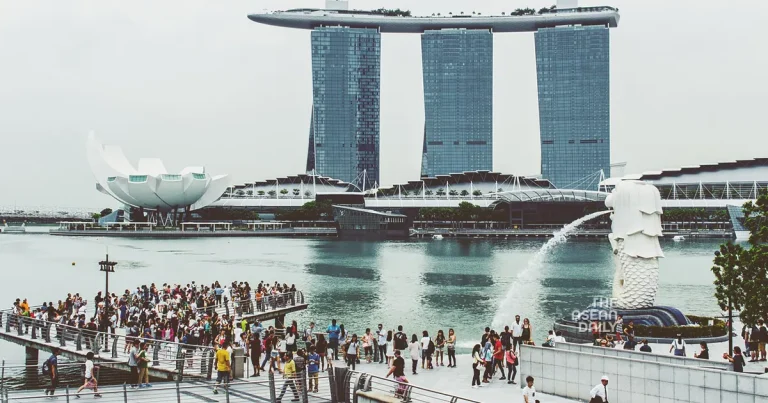30-11-2023 (SINGAPORE) Singapore, along with Zurich, has been ranked as the most expensive city to live in, according to the Economist Intelligence Unit (EIU). This marks the ninth time in 11 years that Singapore has claimed the top spot, while Zurich has experienced a significant jump from its sixth place ranking last year. New York, which shared the first place with Singapore in the previous year, dropped to third place, tying with Geneva, as reported by the EIU in its biannual survey on the Worldwide Cost of Living.
The survey, conducted from August 14 to September 11 this year, compared prices of over 400 individual items across more than 200 products and services in 173 cities worldwide. The research firm attributed Singapore’s top position to the high cost of groceries, alcohol, clothing, and owning a private vehicle. Meanwhile, Zurich’s rise to the first place was driven by a strong currency, as well as the high prices of household items and recreational activities.
Syetarn Hansakul, senior analyst at the EIU, highlighted the similarity between Singapore and Hong Kong, both being small city-states with successful financial centers. Hansakul explained that the limited space, combined with a large number of high-paying professionals, leads to a certain degree of demand-pull inflation, particularly in the housing market and other resources.
The EIU’s survey revealed that many cities worldwide are experiencing higher prices due to inflation, with prices for frequently used goods and services rising by 7.4% year-on-year in local currency terms. Although this rate is 0.7 percentage points lower than the previous year, it remains higher than the trend observed between 2017 and 2021.
In terms of regional differences, Hansakul noted that inflation in Asia is relatively lower compared to other parts of the world, which explains why only two Asian cities made it into the top 10. He stated that the world average increase in the cost of living in 2023 is 7.4%, whereas in Asia, the average increase is only 3%. This can be attributed to the effective price control measures implemented by many governments in Asia, in contrast to the United States and Europe.
Looking ahead, the EIU expects inflation to continue decelerating next year. However, the research firm cautioned that any further escalation in the Israel-Hamas conflict could drive up energy prices, and stronger-than-expected El Niño conditions could push food prices even higher.
Chinese and Japanese cities experienced a significant drop in rankings on the EIU list due to the weakening Chinese yuan and Japanese yen. Nanjing, Wuxi, Dalian, and Beijing in China, as well as Tokyo and Osaka in Japan, all plummeted in the rankings.
The top 10 most expensive cities according to the EIU’s list include two Asian cities, four European cities, and three cities in the United States. Tel Aviv, Israel also made it into the top 10, although the survey was conducted prior to the Israel-Hamas conflict. The complete list is as follows:
- Singapore (tie)
- Zurich (tie)
- Geneva (tie)
- New York (tie)
- Hong Kong
- Los Angeles
- Paris
- Copenhagen, Denmark (tie)
- Tel Aviv, Israel (tie)
- San Francisco




